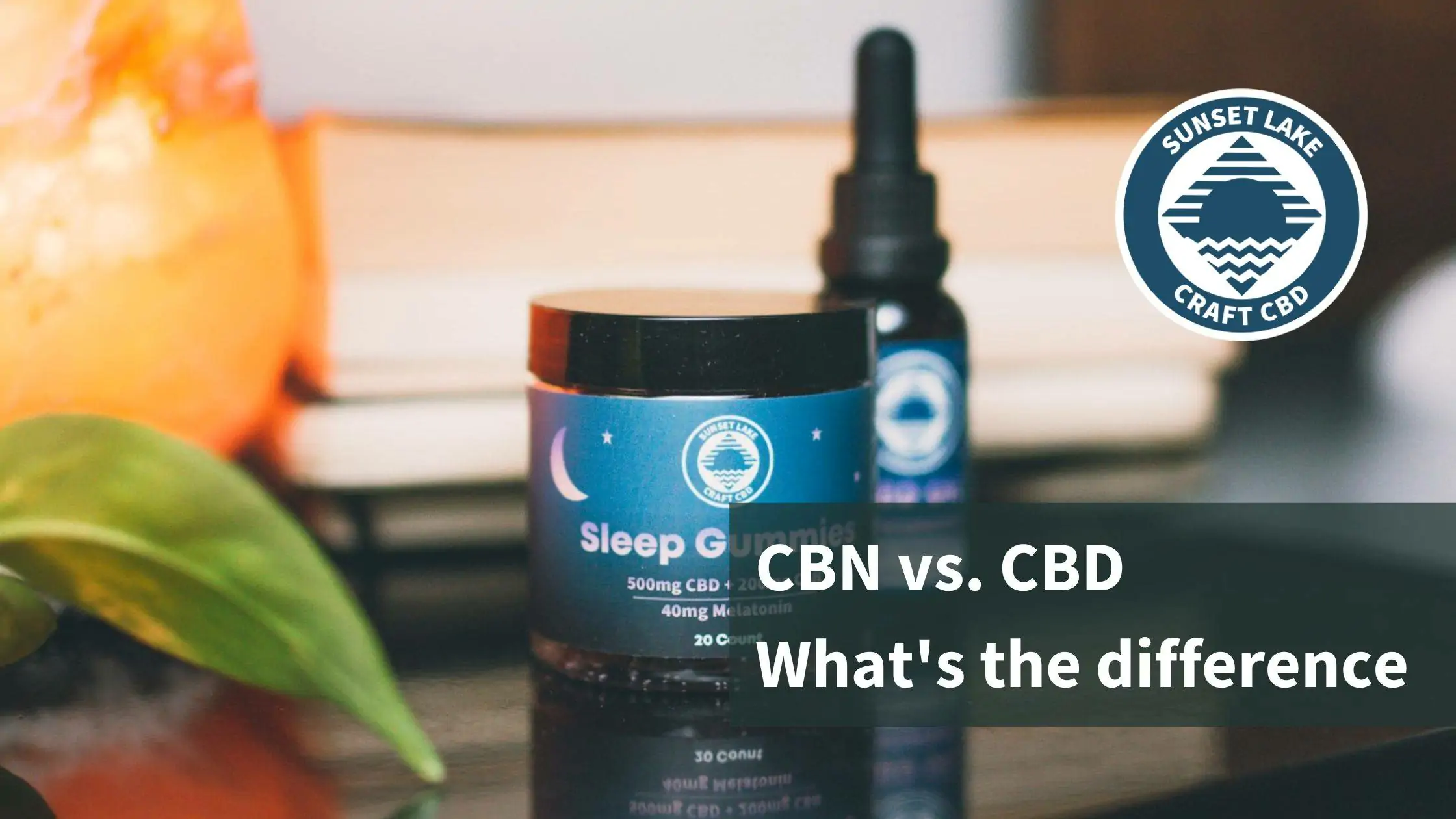No products in the cart.
CBN, as a cannabinoid, has been around for decades. Still, it’s just now getting its moment in the spotlight—or should we say it’s getting infused into a whole basket full of sleep-aid products. CBN oil can help you quiet your racing thoughts and ease into bed when used properly.
In this post, we’re going to cover:
- What CBN oil is
- What CBN’s potential benefits are
- How to take it to help with sleep
- And address some of the internet’s most common questions
What Is CBN Oil?
CBN oil is an oil, usually MCT, that’s been infused with the cannabinoid CBN, shorthand for cannabinol. CBN oil can also contain other ingredients which we’ll get into later in this post.
The Spectrum
CBN oil can come in three distinct varieties: full-spectrum, broad-spectrum, or isolate-based.
Without getting too in the weeds, here’s the breakdown:
- Full-spectrum: Contains all cannabinoids present in the cannabis/hemp plant at harvest
- Broad-spectrum: This is full-spectrum CBN oil with THC cannabinoids removed.
- Isolate-based: Made with a carrier oil and isolated CBN. No other cannabinoids should be present.
You can figure out what kind of CBN oil you are considering by looking at its third-party certificates of analysis. These lab documents will show you which cannabinoids are in your product and at what concentrations.
Suppose you want to learn more about the differences in the hemp-product spectrum. In that case, we do have some blog posts about full-spectrum, broad-spectrum, and isolated CBD.
What Does CBN Oil Do?
CBN is still a relatively understudied cannabinoid, but there have been a few non-FDA studies that suggest it may be able to help with:
How Do You Take CBN Oil To Sleep
Of the potential benefits listed above, promoting sleep is CBN’s biggest selling point. While calling CBN a guaranteed sleep aid would be misleading, there are ways that you can work CBN oil into your sleep routine.
As with most supplements, you must give CBN oil time to take effect. Unlike CBN gummies, which require up to two hours to take full effect, CBN oil may take as little as 15 minutes to kick in.
Sublingual | Est. Time To Effect: 15 Minutes
The first and faster way of taking CBN oil requires filling up your dropper, assuming your product comes with a dropper bulb and pipette. Fill the pipette to your desired dosage and put the oil under your tongue. Let the oil sit there for about 20 seconds before you swallow. This method is called sublingual ingestion.
Because the membrane is so thin under your tongue, CBN can enter your bloodstream more quickly here than in your digestive system.
Consuming | Est. Time To Effect: 45 Minutes
The second, more gradual way to take CBN oil is to swallow your desired dosage directly or put it in a beverage. Without letting the oil sit under your tongue, you’ll force the CBN in your oil to enter your bloodstream more slowly.
The added benefit of slower absorption is that the effects of the cannabinoids should last longer than if you were to use your CBN oil sublingually.
Will CBN Oil Change How You Sleep?
Adding CBN oil to your sleep schedule isn’t likely to change how you sleep. As a naturally occurring substance, CBN is a gentle cannabinoid. It won’t turn you into someone who can sleep through your alarm.
CBN will allow your body and mind to relax so that you can fall asleep more easily.
Will CBN Oil Make You Groggy In The Morning?
Unfortunately, there isn’t a one-size-fits-all answer to this question. Waking up groggy is a function of many different factors, including where in your sleep cycle you wake up.
Grogginess after taking CBN oil can depend on your dosage, when you took your dose before bed and the presence of other cannabinoids.
If you do decide to add CBN oil to your sleep routine, start slow and gradually increase your dosage as needed. Experiment with ingestion methods, i.e., sublingual vs. consumption, timing, and different spectrum products.
Can CBN Oil Make You Hungry?
There is some evidence that suggests CBN can be an effective appetite stimulant. If your question is more, will taking CBN oil turn you into a midnight fridge raider—probably not.
CBN and full-spectrum CBD products may affect your appetite, but not in the way that THC products give you the “munchies.”
Can You Mix Melatonin and CBN Oil?
You can mix melatonin with CBN and cannabinoid products in general. Sunset Lake CBD sells melatonin-infused sleep products and CBN products that are melatonin-free.
As of this writing, no studies suggest mixing CBN and melatonin is harmful or counterproductive.
Frequently Asked CBN Oil Questions
So far, we’ve covered what CBN oil is, how to use it, and how it may affect your nightly routines. But there are many more general questions we haven’t touched on. In the rest of this post, we’ll address some of the internet’s most common questions.
Are There Any Side Effects?
Because federal agencies stifled cannabinoid research for so long, CBN-specific research is in its infancy. We don’t know much about the long-term side effects of CBN use, but we can extrapolate based on what we know about CBD. Side effects of full-spectrum CBD use may include:
- Changes in appetite
- Diarrhea
- Nausea
- Dizziness
- Upset Stomach
Is CBN Habit-Forming?
As of this writing, CBN has no known addictive properties. It is a gentle cannabinoid that may have potential nighttime benefits. Inconsistent use, however, may lead to disrupted sleep patterns.
Does It Interact With Medications?
CBN, and cannabinoids in general, do interact with certain medications in the Staten class (and others). You should talk to your doctor and pharmacist before adding any cannabinoids to your nighttime routine.
Will CBN Oil Show Up On A Drug Test?
Your product may trigger a positive drug test. If your CBN oil contains any THC or is labeled as “full-spectrum,” there is a good chance that it will register on a workplace drug screening.
Isolate-based and broad-spectrum products should be fine. To learn more about cannabinoids and why some products show on drug tests, see our post about CBD and drug tests here.
Is CBN Oil Psychoactive Like THC?
Because CBN is the oxidated form of THC, it interacts with your endocannabinoid system in much the same way. Because CBN binds to your CB1 receptors, it is technically a psychoactive cannabinoid.
That said, you are unlikely to experience the same kind of psychoactive effects that you would a THC product. Think of CBN as causing drowsiness and relaxation rather than euphoria and time dilation.
Is It Legal?
Depending on where you live, CBN oil may or may not exist in a legal gray area. Federally speaking, as long as CBN is derived from cannabinoids harvested from industrial hemp, it’s legal.
The Wrapup
CBN oil offers a fast-acting and potent option for folks looking for natural sleep supplements. Before you buy anything, be sure to look into the quality of the products via testing documents and look at the company’s reviews.

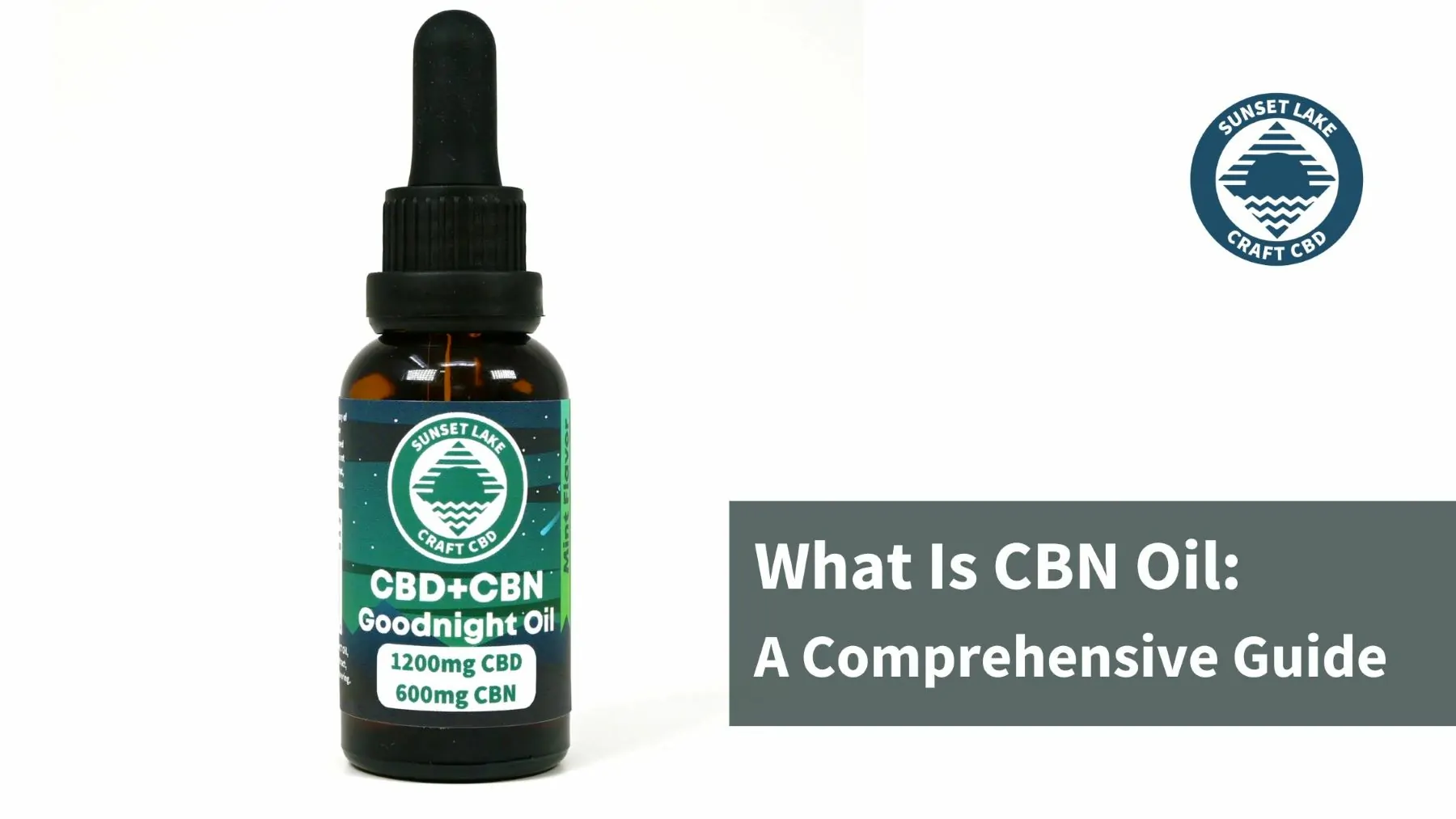
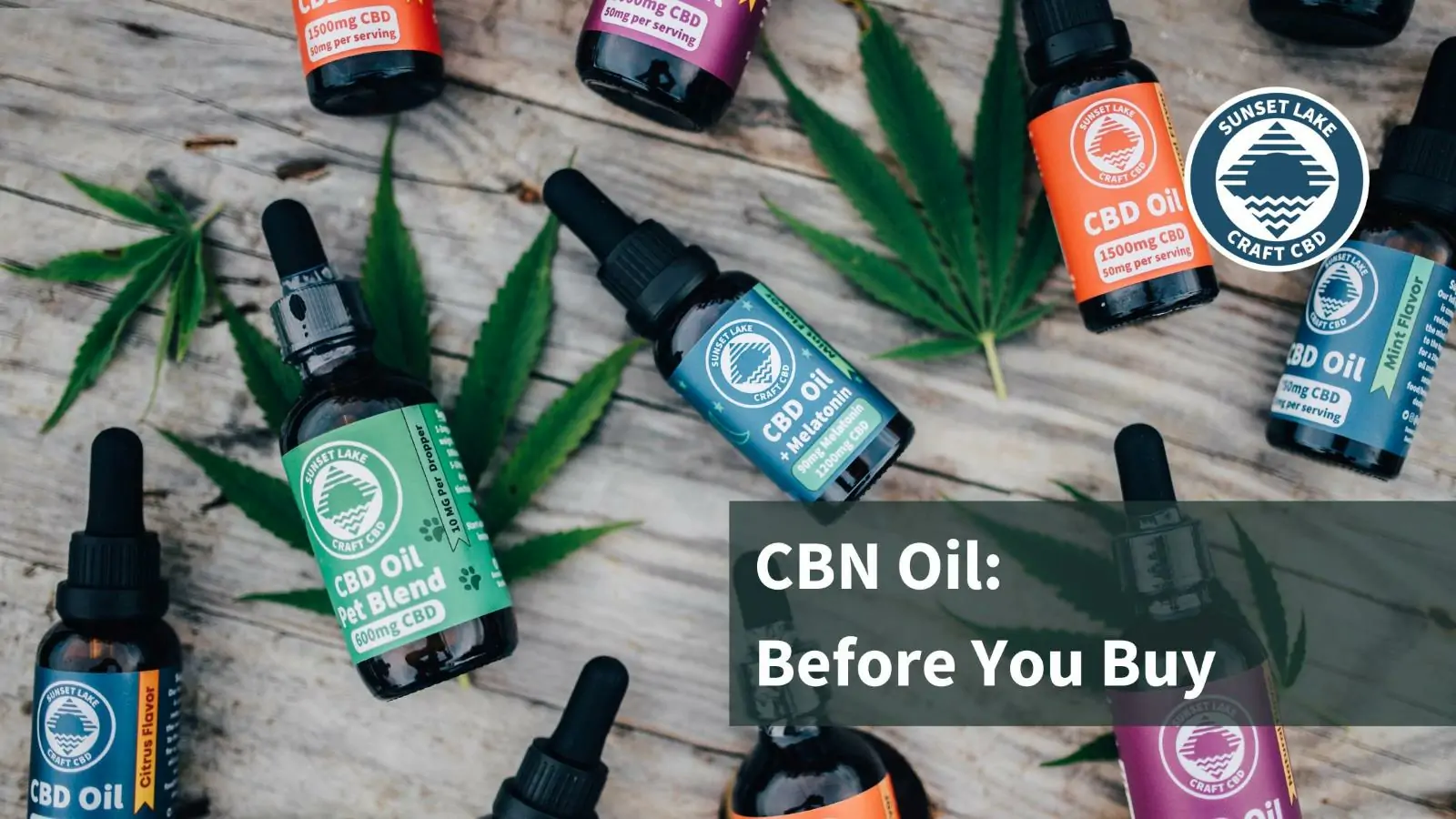
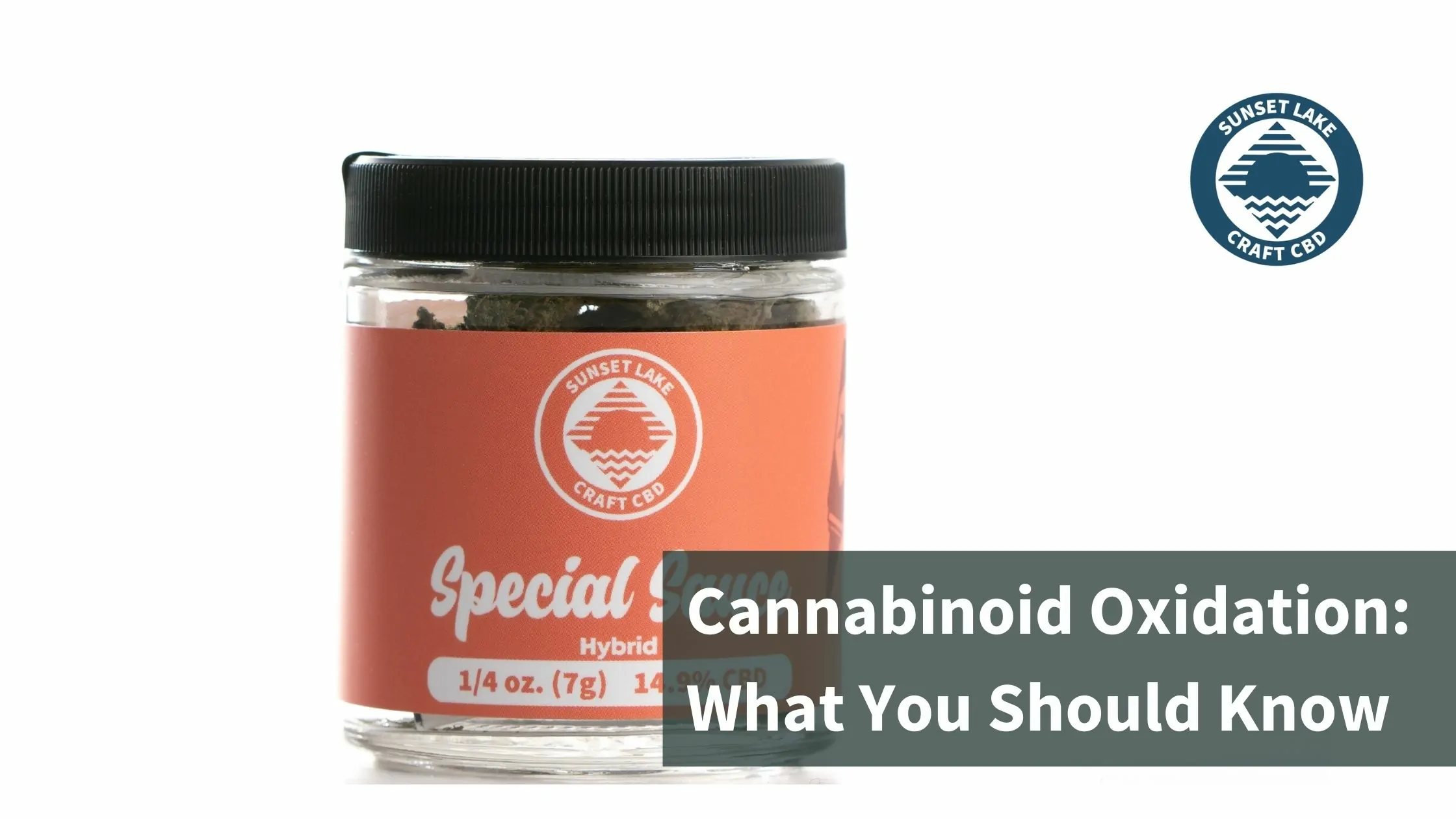
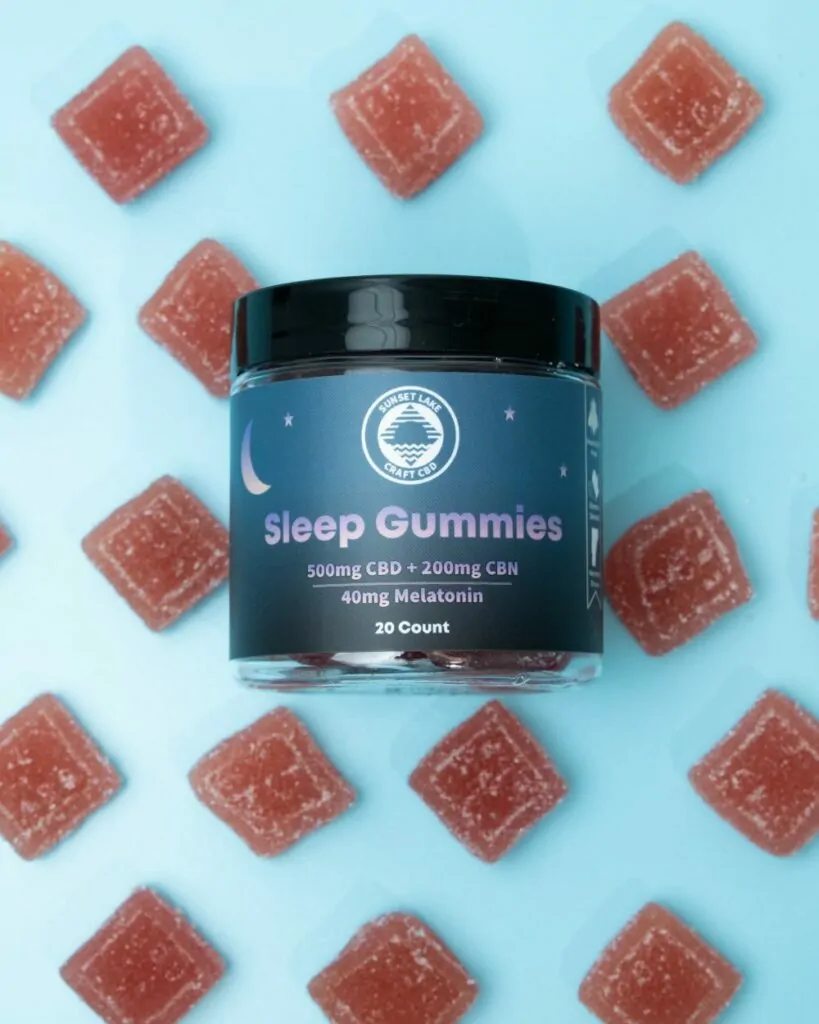
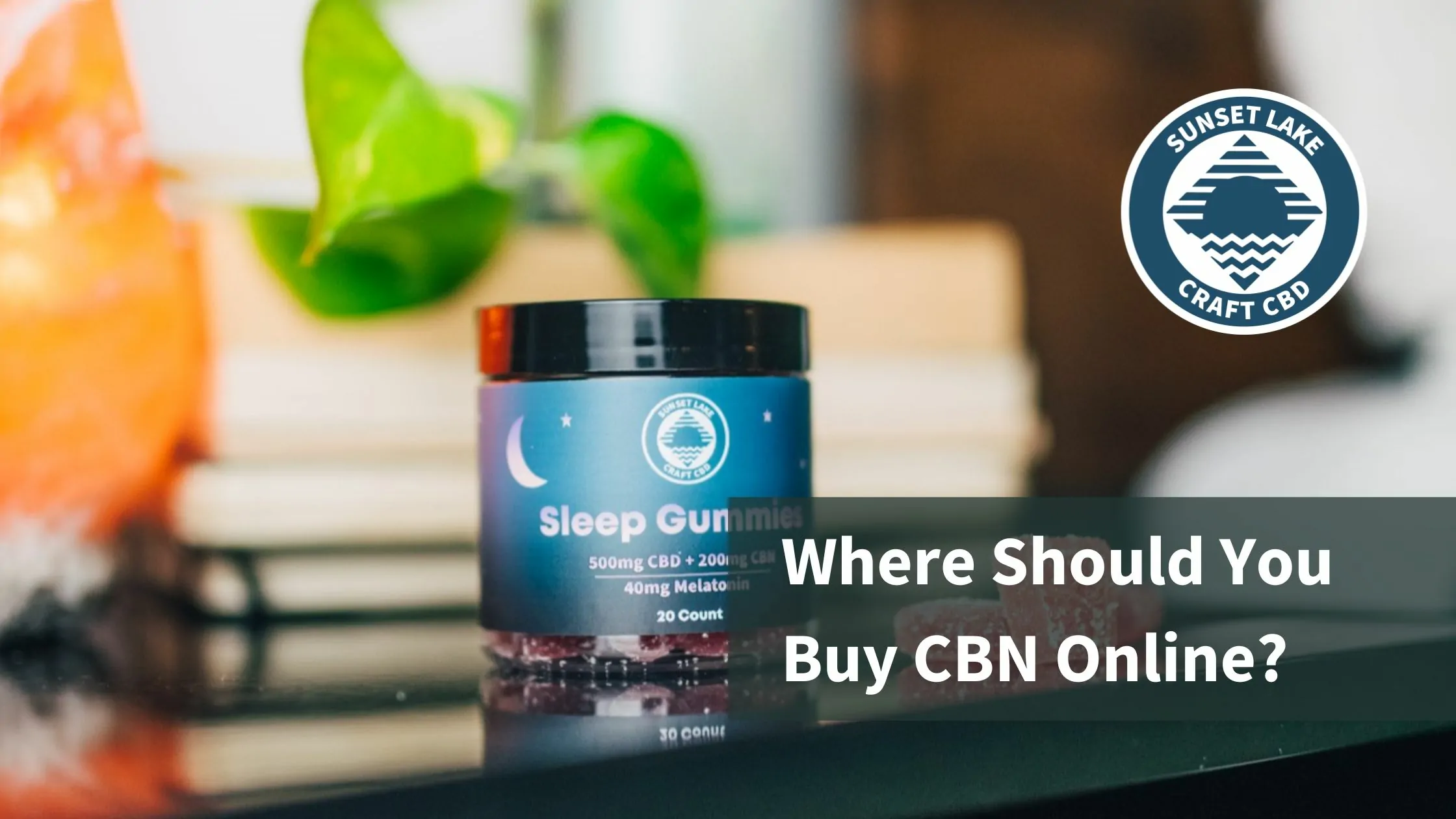
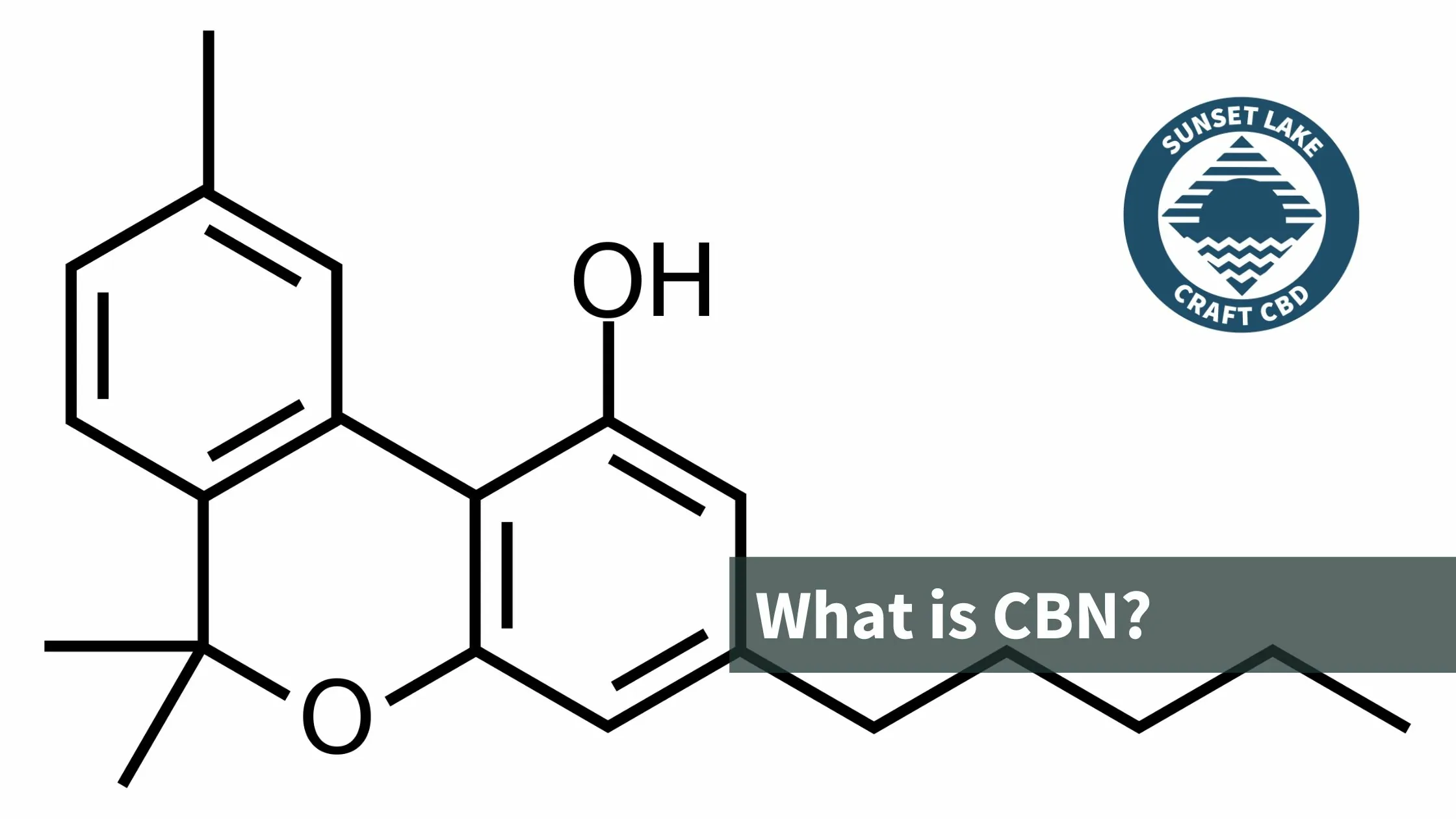

![What Are CBN Gummies and What Do They Do? [A Comprehensive Guide]](https://sunsetlakecbd.com/wp-content/webp-express/webp-images/uploads/2022/02/What-are-CBN-Gummies-.jpg.webp)
